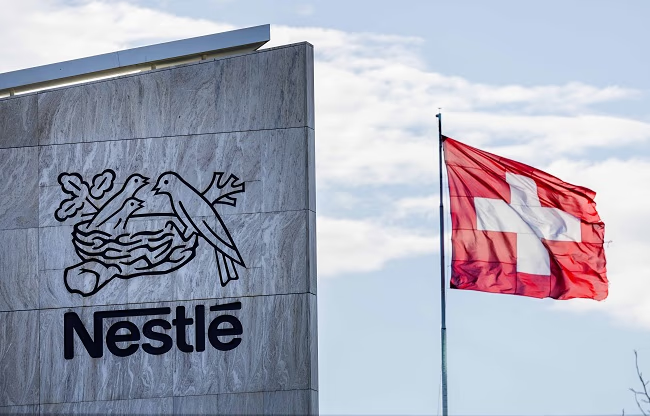A significant shift marks the start of the New Year between India and Switzerland. The Swiss government has revoked India's Most Favored Nation (MFN) status following a Supreme Court decision in 2023. Countries often grant this status to bolster trade, but it's not permanent. Discover its implications and potential losses.
The Swiss government announced on Friday that a Supreme Court ruling prompted this move. Last year, in a case involving Swiss company Nestlé, the top court ruled that the Double Tax Avoidance Agreement (DTAA) can't be enforced unless it's notified under the Income Tax Act.
The DTAA is a bilateral agreement designed to prevent double taxation of individuals and entities across participating countries. Essentially, it allows businesses to avoid being taxed twice on their income across these nations, facilitating international trade and investment.

Source: aajtak
The central government now needs to notify DTAA under income tax laws to enable Swiss entities to benefit from tax relief. Meanwhile, companies like Nestlé will incur higher taxes until rectifications are made. Initially, the Delhi High Court had ruled to exempt foreign-employed individuals from double taxation, a decision overturned by the Supreme Court, leading Switzerland to retract India's MFN status. Consequently, Indian companies in Switzerland face a 10% tax increase from the previous 5%.
Why Did This Reach the Court?
Nestlé argued in the Supreme Court that India provides substantial tax breaks to other countries, which should extend to Switzerland under MFN. Nestlé cited Colombia and Lithuania, smaller countries accorded similar privileges after their OECD agreements. Expecting similar benefits, Nestlé was met with a differing verdict, stating that MFN benefits can't automatically apply and require government notification.
Switzerland reacted strongly to the Supreme Court's decision by withdrawing MFN status and cited the ruling as justification.

Source: aajtak
Why Do Countries Revoke MFN Status?
The World Trade Organization’s 1994 Tariff and Trade Agreement suggests member nations afford each other MFN status, particularly neighbor countries, to facilitate free trade. However, it's not binding, leading nations to withdraw this status during strained relations, as seen between Pakistan and India. Besides, MFN status involves no set advantages, leading to negotiations and adjustments.
The Breadth of Commerce
Currently, over 300 Swiss companies operate in India, employing approximately 150,000 people across banking, infrastructure, IT, and other sectors. According to the Indian Express, about 140 Indian companies have invested across Switzerland. The loss of MFN status could impact both regions, despite a collaborative trade agreement among India, Switzerland, and other nations.
India has joined a grouping with Ireland, Norway, Switzerland, and Liechtenstein, known as the European Free Trade Association. Under this framework, EFTA countries are set to invest around $100 billion in India over the next 15 years. The Swiss Embassy assures that the removal of MFN status will not impede this investment.




